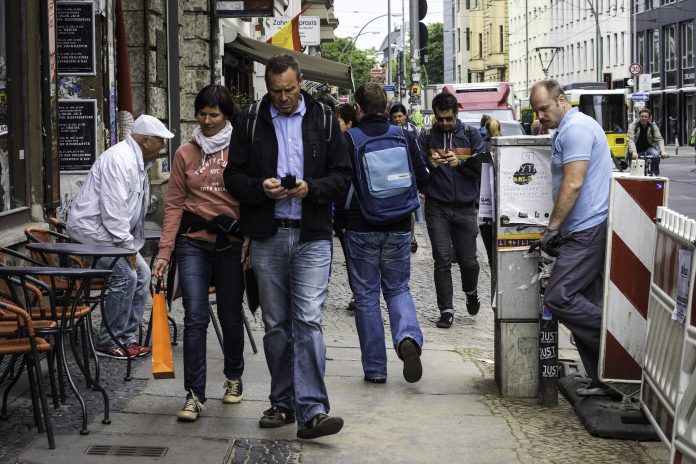To fill the massive gaps in Germany’s skilled labour market, the government is hammering out new immigration rules. But this may not be enough.
Germany needs nurses, care workers, construction workers, carpenters, electricians, and IT specialists.
As reported by Deutsche Welle (DW), Germany’s international broadcaster, businesses have long been demanding that the government make it easier for skilled workers, including those from outside the European Union, to move to Germany.
On November 20, Süddeutsche Zeitung published a few details from a leaked preliminary draft for a new immigration law, which is set to be approved by Angela Merkel‘s cabinet before the end of the year.
According to the draft, people from outside the EU can only take a job if there is no German or EU citizen who is able to do it instead. The new regulation will not be limited to sectors where there is an acute shortage. In effect, this would mean that anyone with a recognised qualification and a work contract could move to Germany.
The draft law also contains provisions allowing skilled workers to move to Germany for six months to look for work, or to freelance, as long as they are able to support themselves and can speak German.
According to DW, many experts note a fundamental antipathy towards immigration among German officialdom. Offer said that bureaucrats sometimes find the smallest reasons to refuse employees a work permit.
Thomas Gross, immigration law professor at Osnabrück University, said: “The law for foreign nationals has for decades been based on the premise that immigration is basically not wanted in Germany. As a rule, residency is only granted when there is a concrete economic demand or an individual humanitarian reason.”
According to DW, he also pointed out that limiting immigration is enshrined in the first paragraph of Germany’s residency law, although he admitted that things are “moving in the right direction”.

